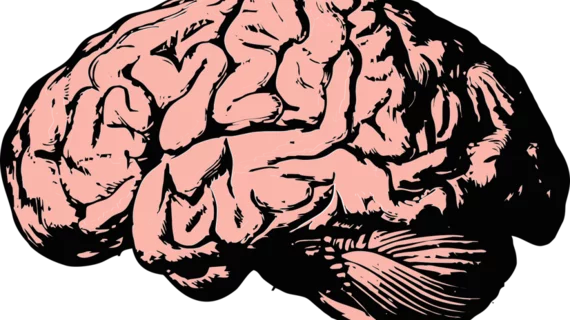Key brain region smaller in women who use birth control pills, MRI scans reveal
Women who use oral contraceptives have a “significantly” smaller area of the brain that’s responsible for regulating everything from body temperature to mood, appetite, sex drive and sleep cycles.
Scientists recently unearthed that revelation by scanning the brains of 50 healthy individuals, about half of whom were taking the birth control pill. The results—presented Wednesday, Dec. 4, at RSNA’s annual meeting—are preliminary. But they underline the need for additional research, noted Michael Lipton, MD, PhD, a professor of radiology at Albert Einstein College of Medicine in New York City.
"We found a dramatic difference in the size of the brain structures between women who were taking oral contraceptives and those who were not," Lipton, who’s also medical director of MRI services at Montefiore Medical Center, said in an RSNA announcement. "This initial study shows a strong association and should motivate further investigation into the effects of oral contraceptives on brain structure and their potential impact on brain function."
Lipton and colleagues’ scans showed a noticeably smaller hypothalamus volume among the 21 women in the study group taking oral contraceptives when compared to the 29 who were not. Such shrinkage in this area of the brain has previously been correlated with greater levels of both anger and depression, the authors wrote.
Similar research on the structural effects of sex hormones on the hypothalamus has been scarce. If validated in a larger population, the findings could prove significant, with millions using the pill across the U.S., according to the Centers for Disease Control and Prevention. This initial study was funded by the National Institute of Neurological Disorders and Stroke and the Dana Foundation

